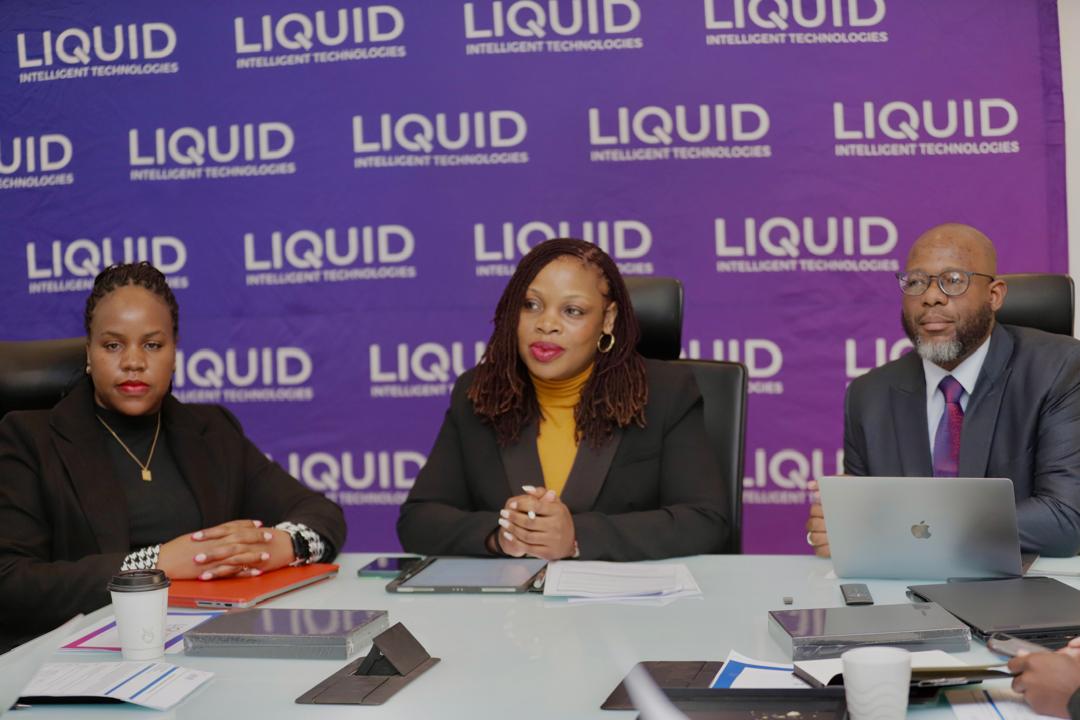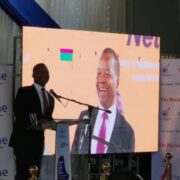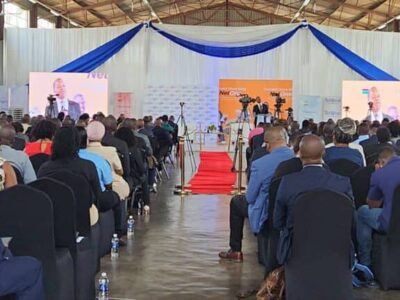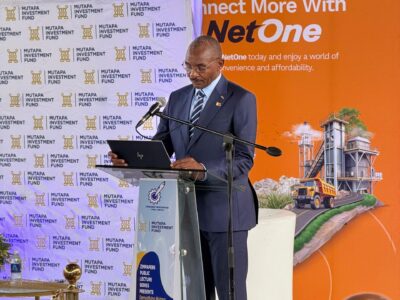The UN Secretary-General has called for, to advance progress towards the Sustainable Development Goals (SDGs), catalyzing a more sustainable and equitable future
The SDG 9C, which commits to the provision of universal and affordable access to the internet in the least developed countries is exactly what Liquid intelligent has responded to as they continue to make internet access for all via price reduction towards mass access.
Liquid Intelligent Technologies, Zimbabwe’s leading digital infrastructure and fibre broadband network provider, has taken a significant step towards bridging the digital divide by reducing its data tariff towards internet access for all.
This move aligns with the United Nations’ International Telecommunication Union’s (ITU) vision to connect everyone online by 2030.
Liquid Intelligent Technologies recently announced a 45% reduction in its US dollar unlimited internet packages, making data more affordable for the majority of Zimbabweans.
The UN’s ITU has warned that people without meaningful access to mobile and internet connectivity risk being left behind.
According to a 2023 report by the UN’s ITU, approximately 2.6 billion people, or one-third of the global population, lack internet access.
“The internet is an essential tool for accessing information, employment opportunities, and education. People without meaningful access may be left behind,” the UN’s ITU stated.
GSMA, a telecom industry group, complemented the UN’s findings, noting that “about one in four people use mobile phones to get online, but 15% of the population live in areas with no coverage in sub-Saharan Africa.”

Liquid Intelligent Technologies controlls dominance in the market share of equipped international internet bandwidth capacity controlling 81,80 percent translating to millions of subscribers who are set to benefit.
To harness the opportunities of the digital realm and bring partners together to also address its perils, UN Teams around the world, under the leadership of the Resident Coordinators, are bringing together public, private and civil society stakeholders to build capacity and boost policies and investments for inclusive digital transformation.
Today, digital divides and inequalities are starker than ever:
* 5.3 billion people, over two-thirds of the planet, use the internet.
* As of 2022, 8.63 billion mobile phone subscriptions are currently in use.
* There was a massive jump in the number of people in least developed countries with access to the internet- 36 per cent of the population (compared to 7 per cent in 2015). In comparison, 92 per cent of the population in high-income countries and 79 per cent of the population upper-middle-income countries are connected to the internet.













Comments